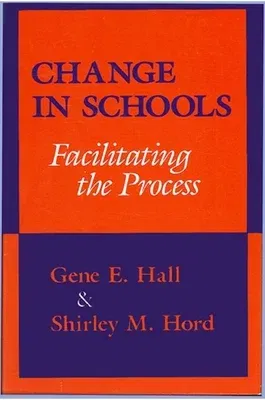This book summarizes nearly fifteen years of research in
schools--research geared toward understanding and describing the change
process as experienced by its participants. It addresses the question:
"What can educators and educational administrators don on a day-to-day
basis to become more effective in facilitating beneficial change?" The
book provides research-based tools, techniques, and approaches that can
help change facilitators to attain this goal.
The authors contend that, in order to be more effective, educators must
be concerns-based in their approach to leadership. Early chapters deal
with teachers' evolving attitudes, concerns, and perceptions of change,
as well as their gradually developing skills in implementing promising
educational innovations. The authors next turn to examine the role of
the school principal and other leaders as change facilitators, and
present ways that they can become better informed about the
developmental state of teachers as well as how to use these diagnostic
survey and data as the basis for facilitating the change process. The
emphasis is on practical day-to-day skills and techniques, showing
administrators how to design and implement interventions that are
supportive of teachers and others.
Each chapter presents not only the concepts and research of the authors
but also translates the concepts in concrete applications which
illustrate the ways they can be applied to obtain genuine and lasting
improvements.
The book also contains an important discussion and description of the
change process, focusing on teachers, innovations, and the schools.


